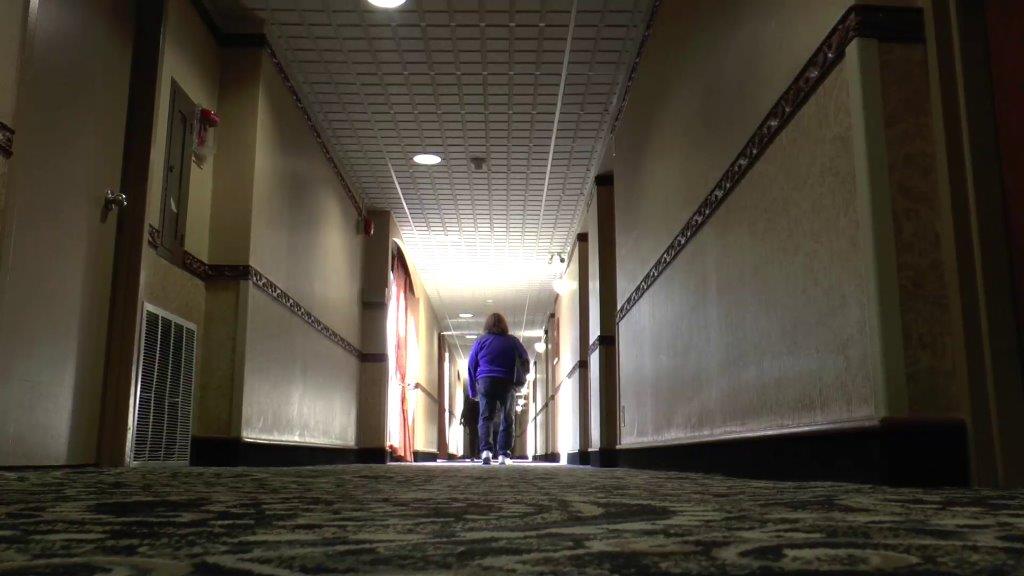
Researcher Profile: Dr. Donna Martin
A Flood of Tears: The Aftermath of the Little Saskatchewan First Nation Displacement
In 2011, members of the Little Saskatchewan First Nation were told a flood was coming. They had 24 hours to pack—just two suitcases each—and they’d have to leave everything else behind, even their pets.
They didn’t know exactly where they would be staying, or when they would be allowed to go home. Many thought it would only be for a few weeks. Five years later, there are still over 2,000 former residents of the Little Saskatchewan First Nation (LSFN) who haven’t seen their community since.
Although they were told to evacuate immediately, not everyone followed orders. About 350 community members stayed behind, trying to fight the flood and pick up after the devastation that followed. They’ve kept their connection to the land, but precious little else. “The lake is polluted, so you can’t fish, can’t swim. There’s no meeting hall; it’s all mouldy,” says Dr. Donna Martin, a researcher and associate professor at the College of Nursing. “These are traumatized people with limited economic resources, no prospects of a job, and nothing to do.”
At home at LSFN or in temporary housing in Winnipeg, members of the flooded First Nation have been in turmoil and despair since the day the water started rising. Mental health issues have taken root, with depression, loneliness, and post-traumatic stress disorder at the forefront.
Those who remained behind are experiencing other health problems as well, either new or worsening. Respiratory problems have a clear link to the mould and decay that lingers throughout the community. The most vulnerable citizens, Elders and those already diagnosed with conditions like kidney disease, Type 2 diabetes or arthritis, are now increasingly experiencing co-morbidities like heart attack, stroke, and cancer.
“We know from previous studies and literature about survivors of natural disasters that marginalized people are the ones most profoundly affected by these events. They’re the ones who will struggle the most, and in Canada, our largest marginalized population is Indigenous,” says Martin.
In 2015, she and Dr. Shirley Thompson, associate professor at the Natural Resources Institute at the University of Manitoba, and their research team were awarded a grant by the Canadian Institutes of Health Research (CIHR) for a three-year study focusing on the First Nation community’s experiences, health outcomes, and future plans.
Martin anticipates that the project will have considerable implications for future flooding and disaster preparedness and response. “Right now there’s a real lack of current policies that recognize and mitigate the effects of induced displacement of First Nation communities,” Martin says.
“Detailed descriptions and firsthand accounts of how community members understand and experience induced displacement are really necessary to develop comprehensive and inclusive policies and procedures for supporting evacuees in respectful, effective, and relevant ways.”
Learn more by viewing a 25-minute video produced by Myrle Ballard, Postdoctoral Fellow at the College of Nursing. This video has been officially released with approval and blessings from the Chief and Council of Little Saskatchewan First Nation.
 Donna Martin, RN, PhD
Donna Martin, RN, PhD
Associate Professor, College of Nursing
Featured Research: The micro- and macro-construction of induced displacement: experiences, health outcomes, and future plans of Little Saskatchewan First Nation
Click to view more Research in Nursing profiles.
Research at the University of Manitoba is partially supported by funding from the Government of Canada Research Support Fund.






